Published
- 06:00 am
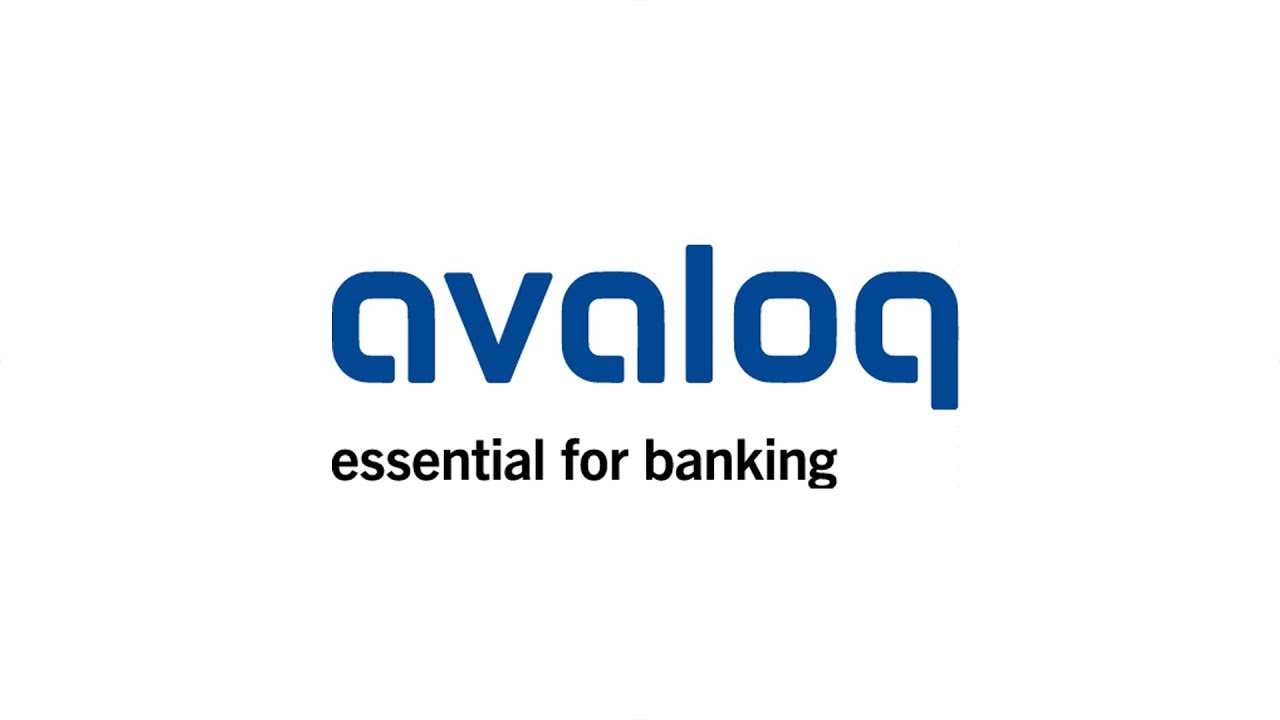
Avaloq, a global leader in digital banking solutions and wealth management technology, has obtained the Climate Neutral Company label by leading international climate solutions provider South Pole and achieved its aim of sourcing 100% of its energy from renewable sources. The successful sustainability programme, highlighted in the company’s first Corporate Social Responsibility report, covers the 2019 calendar year. The announcement follows a successful appraisal of Avaloq’s green energy programme for 2019 by South Pole.
As part of its ongoing sustainability journey, Avaloq uses a three-step, iterative process of avoiding, reducing, and offsetting emissions as it works towards its goal of net zero emissions. This includes measures such as promoting more responsible business travel and encouraging public transport for commuting. The company takes responsibility for its unavoidable emissions by compensating the equivalent amount in carbon offsetting projects. Together, these measures have earned Avaloq the coveted South Pole Climate Neutral Company label.
Avaloq has achieved its 100% renewable energy goal by buying Energy Attribute Certificates (EACs) equal to its total MWh consumption. Each EAC is proof that one MWh of renewable energy has been generated and injected into the grid. Purchasing EACs equal to its total grid consumption means that all of Avaloq’s grid-sourced electricity has come from renewable sources.
To address its unavoidable emissions, Avaloq supports the operation of a natural gas-based power plant on Jurong island in Singapore by purchasing certified carbon credits that represent its emissions. The electricity generated helps to make Singapore’s national grid greener and reduce the country’s projected power deficit.
In addition, the company’s greenhouse gas emissions in 2019 fell by 9% compared to 2018, despite an increase in the number of employees. Looking ahead, Avaloq will continue to explore ways to reduce its emissions and increase the ambition of its reduction targets over time.
Denis Jorisch, South Pole’s Regional lead in the DACH region, said: “We congratulate Avaloq on achieving climate neutrality and sourcing 100% renewable energy, and are delighted to be their dedicated sustainability partner on their climate journey. Our team has been impressed with Avaloq’s pace of action and commitment to supporting the transition to net zero through certified carbon credits, while undertaking important steps to reduce their emissions.”
Jürg Hunziker, Chief Executive Officer of Avaloq, stated: “Avaloq seeks to put responsible, sustainable practices at the heart of our business, and we are delighted to be able to announce that we have achieved climate neutrality for 2019. We will continue to build on our sustainability efforts and other social responsibility initiatives throughout 2020, aiming to set the bar high for CSR among the tech and wider business sector. In particular, we will keep working passionately on the transition to a net zero economy for the benefit of all our stakeholders.”
Avaloq’s CSR report can be downloaded here.
Related News
- 09:00 am

RTGS Global, the world’s first cross-border liquidity network has launched Stage one of its operational rollout.
RTGS Global has collaborated with Microsoft to develop a transformative new system which enables banks to gain complete visibility of liquidity between their counterparties, for the first time. Built on Microsoft Azure, RTGS.global promises to completely overhaul the machinery of correspondent banking. The network safeguards existing commercial banking relationships, but will change the way they work – in many cases moving from what today still involves manual processing – to one that materially improves efficiency, reduces costs and enables a new level of customer service to be delivered.
The announcement comes in parallel to a move by the G20, under the 2020 Saudi Arabian Presidency, to make cross-border payments a priority in recognition of the widespread benefits for global citizens and economies, that will result from ‘faster, cheaper, more transparent and more inclusive cross border payments’. In July, following the G20’s instruction, the Committee on Payments and Market Infrastructures (CPMI), Financial Stability Board (FSB) and other stakeholders produced a report outlining the building blocks for a solution to this challenge. RTGS Global has subsequently produced a response which it has shared with various regulators describing how the RTGS.global network already dovetails into the identified building blocks.
RTGS Global, the brainchild of Nick Ogden, fintech entrepreneur and founder of WorldPay and ClearBank, brings the benefits and transparency of real-time domestic gross settlement to a global level, delivering instant transactional integrity, security, risk reduction and settlement finality.
RTGS Global enables atomic settlement across both commercial and central banks, authenticating the exchange of funds between banks based on the real-time availability of liquidity. Through its patent pending Liquidity Lock, Lock and Block system, RTGS Global locks available liquidity at two counterparty banks, before sending a Liquidity Block message to complete the transaction. This whole process can take just 50 milliseconds to complete, enabling real-time, bilateral settlement of funds.
The result is RTGS.global, an international system that transforms the challenges of legacy correspondent banking and international banking. Settlement and counterparty credit risk become non-existent; there’s no need to pre-fund a nostro account; and 24/7/365 availability drastically improves the end customer experience dramatically improving commercial cashflows.
RTGS Global founder, Nick Ogden, says: “The current interbank infrastructure that supports cross-border payments is much like other corners of the payments industry – legacy technology combined with historic practices. As we become increasingly used to interacting on a real time or instant basis, it’s obvious that the international payments system is nowhere near fit for purpose in today’s global digital economy. In times of economic instability, inefficient processes and slow transaction speeds become even more problematic. Invisibility of liquidity undoubtedly contributed to the last global financial crisis. We believe that we have made significant progress by ensuring that every international transaction is matched to corresponding real-time institutional liquidity.
“Throughout many decades spent working on new technologies to revolutionise the global payments industry, I’ve worked closely with regulators, central banks and commercial institutions. RTGS.global is the culmination of that experience delivering a new network to 43,300 banks around the planet that all now have a unique RTGS.global capability.”
Bill Borden, Corporate Vice President, Worldwide Financial Services at Microsoft, says: “Today’s advanced technologies are enabling new opportunities to modernize outdated aspects of the financial services industry for big gains. Using Azure’s AI and data analytics capabilities, RTGS Global’s new system provides a powerful way for banks to transform their international payments process, delivering enhanced value to their customers while reducing costs, improving efficiencies, and staying secure and compliant. We’re pleased to make RTGS.global available in Microsoft Azure Marketplace and extend its benefits to our banking customers.”
Delivery of stage one is the first step in making the RTGS Global network available to 43,300 banks globally. Stage two, the technical integration involving Azure, will commence in autumn this year.
Related News
- 04:00 am

first direct has appointed Chris Pitt as Chief Executive (CEO), with effect from 1 October. Chris is currently Head of Marketing, HSBC UK.
Chris will be responsible for delivering first direct’s strategic growth plans as it focuses on giving customers confidence in digital experiences and a humanity they can’t get elsewhere.
Stuart Haire, Group General Manager, Wealth and Personal Banking, HSBC UK, said: “I am delighted to confirm Chris’s appointment to lead first direct. He is a great fit for the bank, with a really strong background in modern marketing, digital propositions and banking. He joins at a great time for first direct as it stands on the brink of an exciting new future.”
Chris Pitt, CEO of first direct, said: “I’m really excited to be taking on this challenging new role. first direct has consistently been a pioneer in UK banking, and has an unmatched reputation for amazing customer experiences. My focus will be on building our reputation as a digital bank built around people not processes, growing through financial wellness, and empowering customers to act with confidence in life. The potential of first direct in the digital age is huge.”
Related News
- 09:00 am
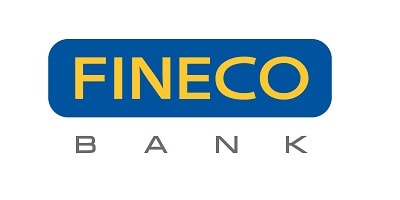
FinecoBank today announces the expansion of its investment products with a suite of funds from Algebris.
With the new funds from London-based Algebris, Fineco clients in the UK now have access to a wide variety of investment strategies and asset classes. The funds include:
- Algebris Global Credit Opps
- Algebris Financial Credit
- Algebris IG Financial Credit
- Algebris Financial Income
- Algebris Financial Equity
The Algebris announcement follows partnerships with Aberdeen Standard Investments, M&G Investments and Columbia Threadneedle Investments in the last year as the company builds out its investment offering.
Paolo Di Grazia, deputy general manager, Fineco: “We are delighted to be able to offer our UK customers more investing options. Algebris has a strong global presence, built on a strong foundation of intellectual and financial capital. This partnership is an important step in our mission to provide Fineco customers to access the best investments at competitive prices.”
Fineco launched in the UK just over two years ago with an integrated offering providing trading, banking and investing services through a single account in up to 13 standard currencies.
Davide Serra, Founder and CEO at Algebris adds: “We are extremely delighted to partner with Fineco, the best European platform for investing. This partnership is strategically meaningful for us in terms of scale, fit and growth potential in the UK, and will allow us to enlarge our UK distribution efforts on the market through the extensive client base Fineco has been able to build in the region over the years. The combination of our investment expertise with Fineco’s innovative solutions makes this partnership very efficient in delivering a compelling proposition for clients.”
Related News
- 02:00 am
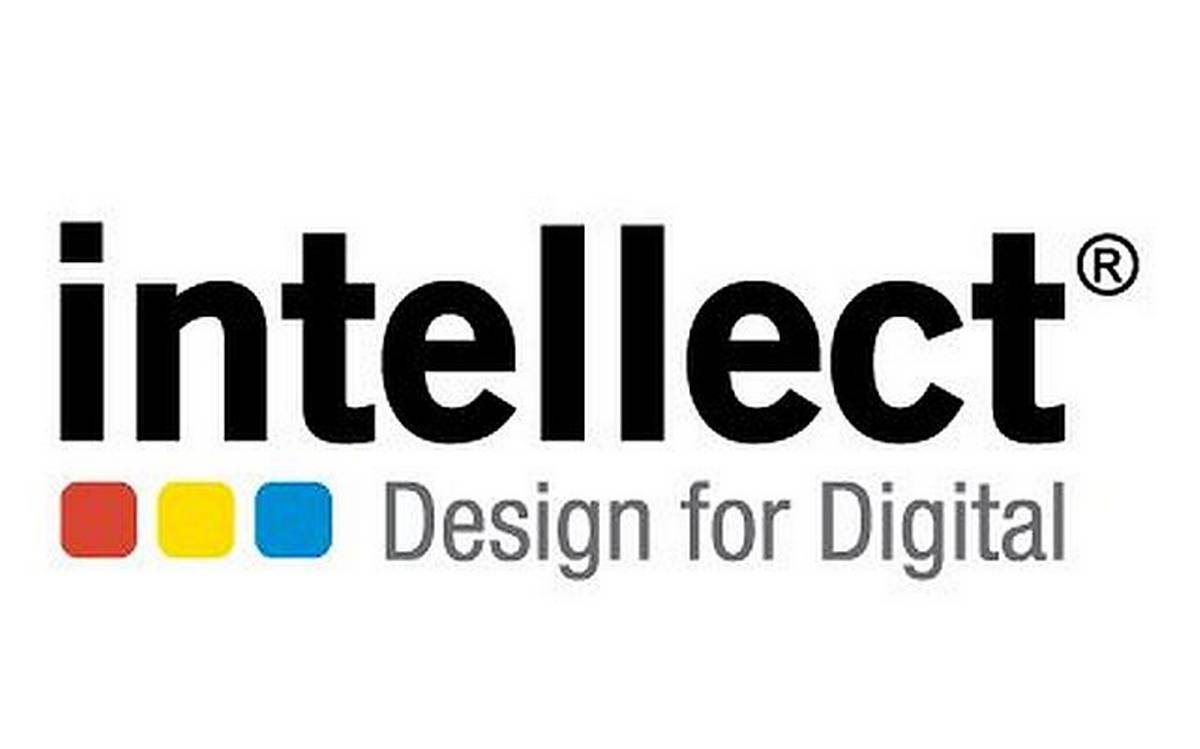
Intellect Design Arena Ltd, a global leader in Financial Technology across Banking and Insurance, announces its membership of global banking standards organisations, Banking Industry Architecture Network (BIAN), the non-profit organisation that promotes and provides a common framework for the banking industry.
BIAN is a collaborative not-for-profit ecosystem formed of leading banks, technology providers, consultants and academics from all over the world. The organisation helps professionals across the financial services sector to lower the cost of banking, increase their speed to innovation in the industry, and boosts the banks’ activities by revisiting and navigating around their existing resources.
Intellect has reimagined banking across the breadth and depth of technology and offers the world’s first future-ready multiproduct FinTech platform, built on the principles of Design Thinking, which is the key differentiator amongst its peers in the FinTech industry. Over the years, Intellect has invested strategically and built meticulously to achieve a unique, future-proof tech stack which are contextual, microservices-based, API-first and cloud-ready, powered by AI and ML. Supported by a revolutionary integration technology iTurmeric, the first-of-its kind enterprise integration, cloud- native platform based on API first architecture, enables banks to progressively modernise while ensuring business continuity without the risk of rip and replacement.
The banking and financial services is perhaps the only segment that is most impacted by multi-dimensional changes of – regulation, product innovation, changes in economic and market conditions, multitude of technologies, data privacy requirements and serving multiple generations of end customers. With regulatory and competitive pressures stressing the revenues and incomes, banks and financial institutions are constantly looking for innovation to drive revenues and income.
This realisation has opened the door for the emergence of Application Programming Interfaces (APIs), which can bring together the power of customer insight, revenue streams and FinTech innovations, while also improving customer experience. Open APIs will enable banking organisations to gather actionable data from various internal and external sources, including buying habits, financial goals, risk tolerance and even social interactions to provide contextual solutions.
“Intellect is pleased be a member of BIAN and it is an important milestone in Intellect’s efforts towards standardisation,” said Arun Jain, Chairman and Managing Director of Intellect Design Arena Limited. “With digital considered a ‘given’ in this race, banks are looking beyond to provide their customers the ultimate experience by always being a step ahead of their expectations. The future of the sector is open banking and APIs, which help banks to pursue new distribution channels, while also finding new ways to improve the customer’s contextual banking experience. Intellect offers future-ready multi-product FinTech platform, which are built on API-first, microservices-based architecture, cloud-native platforms, powered by AI and ML. By contributing our expertise in building open banking and API- based banking architecture, Intellect will join with the other BIAN members in defining a standard framework for the next generation of contextual banking solutions.”
Hans Tesselaar, Executive Director of Banking Industry Architecture Network (BIAN) said: “It is an exciting time to be part of the global financial services ecosystem, as we look to make the transition from open banking to open finance. This will completely revolutionise the way the consumer interacts with their finances and bring a multitude of benefits to the sector.
We already know that our members will benefit immensely from Intellect’s experience in the open banking space, as we look to navigate the industry of tomorrow. We’re proud to welcome Intellect to our growing organisation and working with them both now and in the future.”
Related News
- 08:00 am

Today, Singapore-based Broctagon Fintech Group announces that it has upgraded its NEXUS 2.0 liquidity aggregator technology, with the launch of Native Altcoin Liquidity Management. The precision-based liquidity management system (LMS) allows exchanges to regulate the demand and supply of their native altcoins via algo-automated execution to achieve healthy liquidity and enhance token tradability.
Unlike Bitcoin and major altcoins such as Ethereum and Litecoin, most exchange tokens still suffer from chronic illiquidity. This lack of liquidity often leads to high slippage and huge spreads, making conditions undesirable for trading, let alone holding it for the long term. Without sufficient participation by traders and investors, the prices of native tokens remain low which negatively impacts the potential growth of the respective crypto exchange.
To tackle this, the Price Mapping function of the LMS helps exchanges implement a successful growth roadmap for their native altcoin, while achieving volume consistency. Utilizing pre-configured parameters based on inhouse research insights to formulate an ideal price trajectory, the LMS rebalances bid/ask to achieve tight spreads for traders to enter and exit with ease. Customizable liquidity depth with multiple levels help to further ensure price stability. This upgrade is available immediately and being part of the NEXUS system means it is API ready to connect your altcoin price feed seamlessly to other exchanges for wider exposure and STP execution.
Ted Quek, Chief Technology Officer of Broctagon, says: “Native tokens are essentially the backbone of exchanges and the NEXUS LMS sets the stage for exchanges to evolve to the next phase of maturity. Credible liquidity at both entry and on exit encourages broader market participation which fuels growth for native tokens. The rising value of Native Tokens ultimately validates not only crypto exchanges, but the industry at large, advancing crypto one step further towards mainstream recognition.”
Related News
- 02:00 am

CrossTower, a new exchange operator founded by capital markets veterans on a mission to mainstream digital asset investing and trading, today announced that it has joined the Chamber of Digital Commerce (the “Chamber”). The Chamber is the world’s leading trade association and advocacy group representing digital asset and blockchain industry innovators, operators and investors.
Now in its sixth year of existence, the Chamber serves four primary functions: to engage in policy work with state, federal and international stakeholders; to foster partnerships throughout the blockchain and crypto industry; to encourage capital formation and investment; and to advance the broader adoption of blockchain technology.
“This stage in the evolution of the digital asset class is a critical time to develop progressive policy that encourages innovation, job creation, financial inclusion and investment in the industry,” said Kristin Boggiano, President and Co-Founder of CrossTower. “We are delighted to partner with influential players like the Chamber to advance this asset class.”
“CrossTower is a great addition to our membership because of their uncommonly deep expertise serving the cross-section of digital and traditional markets,” said Perianne Boring, Founder and President of the Chamber of Digital Commerce. “They are well aligned with our mission to promote the global adoption of digital assets and we look forward to working with them to achieve that goal.”
CrossTower’s platform has been methodically built for institutional and individual investors with best-in-class safeguards, services and technologically advanced capabilities. Today CrossTower supports trading in the most widely traded cryptocurrencies, including Bitcoin, Ether, Litecoin, USDC, Bitcoin Cash, XRP, Stellar and ZCash. Those interested can access the CrossTower platform here. Those interested in learning more about the Chamber can visit www.digitalchamber.org to learn more.
This news follows CrossTower’s recent announcement of three strategic new hires from crypto and finance heavyweights Kraken, Galaxy and Legg Mason. The stature of CrossTower’s newest team members underscores the firm’s growth and ability to attract top talent.
Related News
- 04:00 am
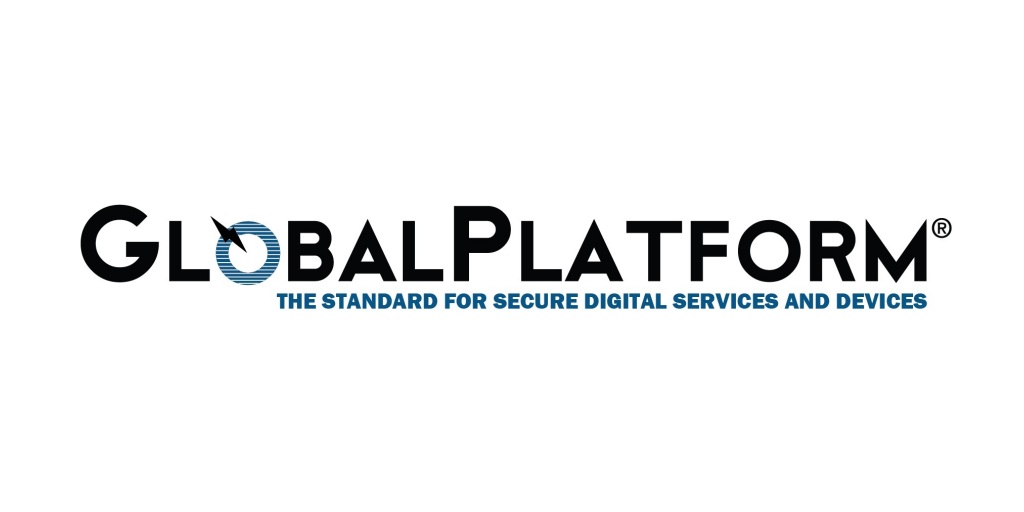
GlobalPlatform, the standard for secure digital services and devices, has released a new specification to simplify and bring greater trust to the authentication of digital services on smartphones and biometric-enabled cards.
Originally developed within EMVCo, the global technical body that facilitates the worldwide interoperability and acceptance of secure payment transactions, the Secure Element Broker Interface defines a standard to make end-user authentication simpler for all applications running in a GlobalPlatform-certified Secure Element (SE). It enables service providers to easily develop secure apps that utilize the authentication mechanisms available in the device, which are now known as Consumer Device Cardholder Verification Methods (CDCVM). The specification means developers no longer need multiple app versions for different device operating systems or models. It also accelerates the roll out of contactless biometric payment cards. Regardless of whether a consumer is using a biometric card or a smartphone, they can rely on a single secure authentication method for all apps stored in the device, rather than remembering multiple PINs and passcodes.
“The Broker Interface supports two of today’s big trends: unified user authentication and strong customer authentication for smartphones, smart wearables and contactless cards. And this is about simplifying everyone’s lives. Developers no longer have to adapt their solutions for different devices and wallets, and end-users get a more consistent experience across their services,” comments Gil Bernabeu, Technical Director of GlobalPlatform.
The specification also supports FIDO authentication and GlobalPlatform will extend the application of the Application Programming Interface (API) beyond mobile payments. GlobalPlatform’s SE technology is widely deployed across sectors including enterprise ID, government and transport. It means the new interface can be used to support authentication services for a variety of use cases, and increase interoperability among digital service providers, Original Equipment Manufacturers (OEMs) and application developers.
“EMVCo welcomes this initiative to support the use of external mobile services within the device, including Consumer Device Cardholder Verification Method (CDCVM) use-cases,” comments Junya Tanaka, Chair of the EMVCo Executive Committee. “EMVCo’s initial work in this area demonstrated clear utility beyond payments, and collaboration with GlobalPlatform will promote security and interoperability for mobile service providers and original equipment manufacturers across multiple sectors, delivering convenience, simplicity and familiarity to consumers.”
For more information on GlobalPlatform’s work and to become a member, please visit the website.
Related News
- 05:00 am

The global pandemic is driving consumers to seek flexible payment options while issuers and merchants alike want to provide cardholders with choice, control and simplicity at checkout. To address this, Mastercard today announced a new partnership with TSYS, a Global Payments company, that will enable consumers to use their Mastercard to split transactions into installments before, during or after checkout. Through this partnership, TSYS is the first processor to deliver installment capabilities to issuers in order to provide seamless payments experiences to their cardholders, enhancing Mastercard’s buy-now-pay-later ecosystem. This new partnership complements Mastercard’s comprehensive suite of merchant offerings through API-based solutions, commercial partnerships, and acquisitions across the globe.
“Adding the installment lending function to a bank card is suitable for all parties in the transaction. The consumer has a discrete transaction, separate from their general purchasing. Merchants get to close the sale, and similar to credit card usage, have an opportunity to upsell the customer. The issuing bank benefits with increased spending,” says Brian Riley, director of the credit practice at Mercator Advisory Group.
Consumers Want Installment Options for Credit Card Purchases
Nearly three quarters of consumers interested in installments prefer the feature be added to an existing card, according to Mastercard research.1 The new partnership with TSYS will enable consumers in North America to use their Mastercard to split transactions into installments before, during and after a purchase.
“This new collaboration with Mastercard gives our issuing clients the ability to offer best-in-class installment payment experiences to their cardholders, while enabling consumers to choose when they want to pay,” said Gaylon Jowers, President, TSYS Issuer Solutions and Senior Executive Vice President of Global Payments, Inc. “Our installment solution addresses the growing consumer demand for payment optionality, further solidifying our position as a leading provider of technology solutions across the globe.”
Mastercard Buy-Now-Pay-Later Suite of Offerings Delivers Consumer Choice
Three out of four Americans who have tried installment plans for the first time during the pandemic plan to continue using them after it is over, according to Mastercard research, indicating the desire for solutions that empower consumers is paramount.2 The comprehensive suite of Mastercard buy-now-pay-later offerings includes:
- Pre-Sale: Consumers can pre-determine to spread payments over time for specified dollar thresholds and spend categories - such as home improvement purchases over $500 – or can arrange automatic installments for chosen retailers.
- Point of Sale: Consumers can receive notifications while shopping, enabling them to purchase goods on an installment plan integrated with their card. In addition, Mastercard's near real-time capabilities allow cardholders to move their purchase to an installment plan moments after the purchase is complete without the lift of merchant integration.
- Post-Sale: Shoppers may choose an installment plan presented by their issuing bank after a purchase is complete, enabled through the new TSYS partnership using the TSYS Digital Engagement Platform with easy-to-use APIs.
"Today’s consumer is looking for increased choice in how they manage their finances and spend while still demanding a seamless, secure checkout experience whether in store or online,” said Jess Turner, Executive Vice President, North America Product and Innovation for Mastercard. "Our work with TSYS, in conjunction with our wider point-of-sale financing ecosystem partners, helps improve the consumer checkout experience and enables issuers and merchants to benefit from increased consumer acquisition, loyalty and approval rates while decreasing cart abandonment.”
Financing Options at Checkout In Store and Online Drive Merchant Installment Offerings
Mastercard advanced its merchant-centric flexible financing capabilities with the acquisition of Vyze last year, and with a recently expanded roster of lending partners, including Fly Now Pay Later and Quadpay, the company can connect merchants with multiple lenders, allowing merchants to offer their customers a wide range of financing options at checkout in store and online. In the United States, Freemotion, a commercial fitness manufacturer, recently launched Vyze with its new line of equipment, to provide financing for consumers interested in purchasing at-home gyms and workouts during the pandemic. And through a partnership with buy now, pay later partner Jifiti, Mastercard accepting merchants in North America and Europe can offer instant financing to customers through a digital private label prepaid card at checkout.
Choice, Control and Simplicity Around the World
As installments take hold across the globe, Mastercard is delivering customized, in-market solutions that meet the unique needs of shoppers in every region. This includes a global partnership with Splitit in multiple markets around the world to deliver a scalable way to enable merchants to deliver card installments at checkout and online, to work in Europe where Mastercard and Divido have partnered to provide instant access to credit through a paperless and omnichannel experience.
In Asia Pacific, Pine Labs and Mastercard are collaborating to offer capabilities to the South Asia, India and Middle East markets, enabling 150,000 merchants across about 450,000 network points to deliver an extensive range of card and real-time payments-based installment options.
Mastercard is creating a future where payments keep pace with the way we live, work and do business, accelerated by the rapid transition to digital solutions and offerings. As more people enter the financial mainstream, money management tools and solutions must be fit for purpose – inclusive for all, digitally driven and built on a foundation of security.
____________________________
[1] Incite Installment Research – April 2020
[2] Harris: Digital Study, July 2020
Related News
- 01:00 am
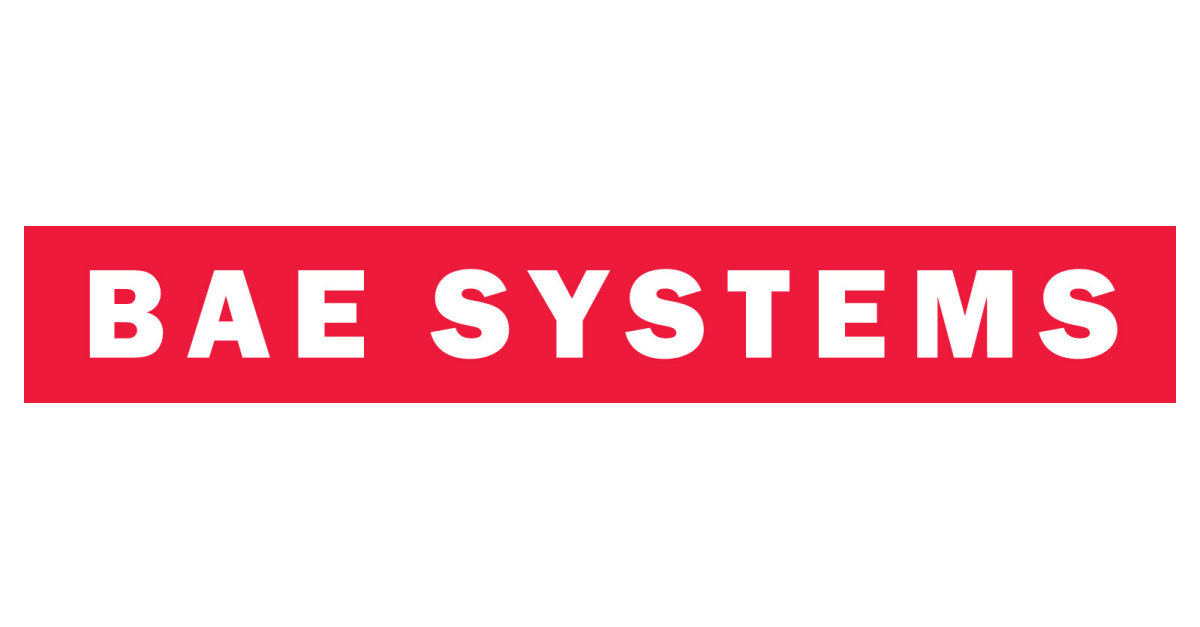
SWIFT and BAE Systems Applied Intelligence today published ‘Follow the Money’, a new report that describes the complex web of money mules, front companies and cryptocurrencies that criminals use to siphon funds from the financial system after a cyber-attack.
The report highlights the ingenuity of money laundering tactics to obtain liquid financial assets and avoid any subsequent tracing of the funds. For instance, cyber criminals often recruit unsuspecting job seekers to serve as money mules that extract funds by placing legitimate sounding job advertisements, complete with references to the organisation’s diversity and inclusion commitments. They use insiders at financial institutions to evade or undermine the scrutiny of compliance teams carrying out know-your-customer (KYC) and due diligence checks on new account openings. And they convert stolen funds into assets such as property and jewellery which are likely to hold their value and less likely to attract the attention of law enforcement.
SWIFT commissioned BAE Systems to investigate this element of the money laundering process as part of its Customer Security Programme (CSP). The CSP continually helps the financial community to strengthen its cyber defences through a range of measures including mandatory controls, intelligence sharing and thought leadership. Although there has been much research into the methods that cyber criminals use to conduct attacks, there has been less investigation into what happens to funds once they have been stolen. The aim of this report is to illuminate the techniques used by cyber criminals to ‘cash out’ so that SWIFT’s global community of over 11,000 financial institutions, market infrastructures and corporates can better protect themselves.
Brett Lancaster, Head of the Customer Security Programme at SWIFT said: “The threat posed by cyber-attacks to the financial sector has never been greater. Attackers are well-resourced, constantly evolving their modus operandi and using untraceable money laundering techniques. The report highlights how the growth in cyber-attacks is increasing the need for the convergence of anti-money laundering, fraud and cybersecurity processes in financial institutions. It calls for them to increase information sharing, tighten due diligence requirements and smartly invest in maintaining systems to strengthen their defences.”
Simon Viney, Cyber Security Financial Services Sector Lead at BAE Systems Applied Intelligence said: “The activity from cyber criminals and gangs across the world is estimated to result in over $1.5 trillion dollars in annual losses. This report focuses on money laundering related activities necessary for cyber attackers to conduct and ‘cash out’ a successful attack and avoid the money subsequently being traced. As technology and criminals’ techniques evolve at a rapid pace, so will the need for institutions, both private sector and law enforcement, to collaborate and maintain awareness of evolving money laundering techniques, in order to reduce the opportunities for threat groups to benefit from committing high-value cyber heists.”
Among the other findings in the report:
- Front companies – cyber criminals tend to focus on textile, garment, fishery and seafood businesses to obfuscate funds. They find it easier to operate in parts of East Asia where less stringent regulations make it easier to conduct their activities.
- Cryptocurrencies – while the number of identified cases of money laundering through cryptocurrencies is low so far, there have been a couple of major incidents involving millions of dollars. Digital transactions are appealing because they are conducted in a peer-to-peer manner that circumvents the compliance and KYC checks conducted by banks, and often require only an e-mail address
- Experience - The method chosen by cyber criminals to cash out and spend the stolen funds is indicative of their levels of professionalism and experience. Some inexperienced criminals have immediately made extravagant purchases drawing the attention of law enforcement agencies and leading to arrests.
The Follow the Money report is available to download now. Visit www.swift.com/resource/follow-the-money to download your copy of the report.









